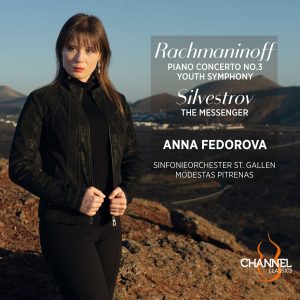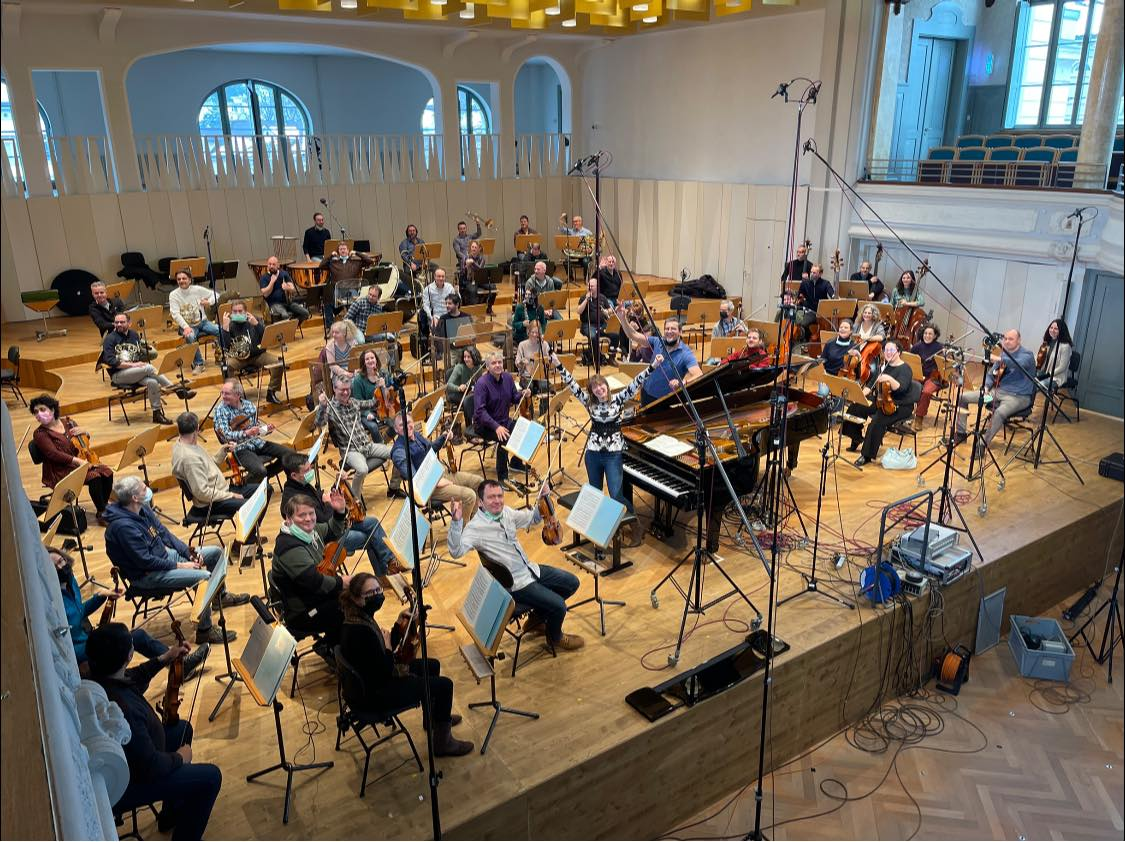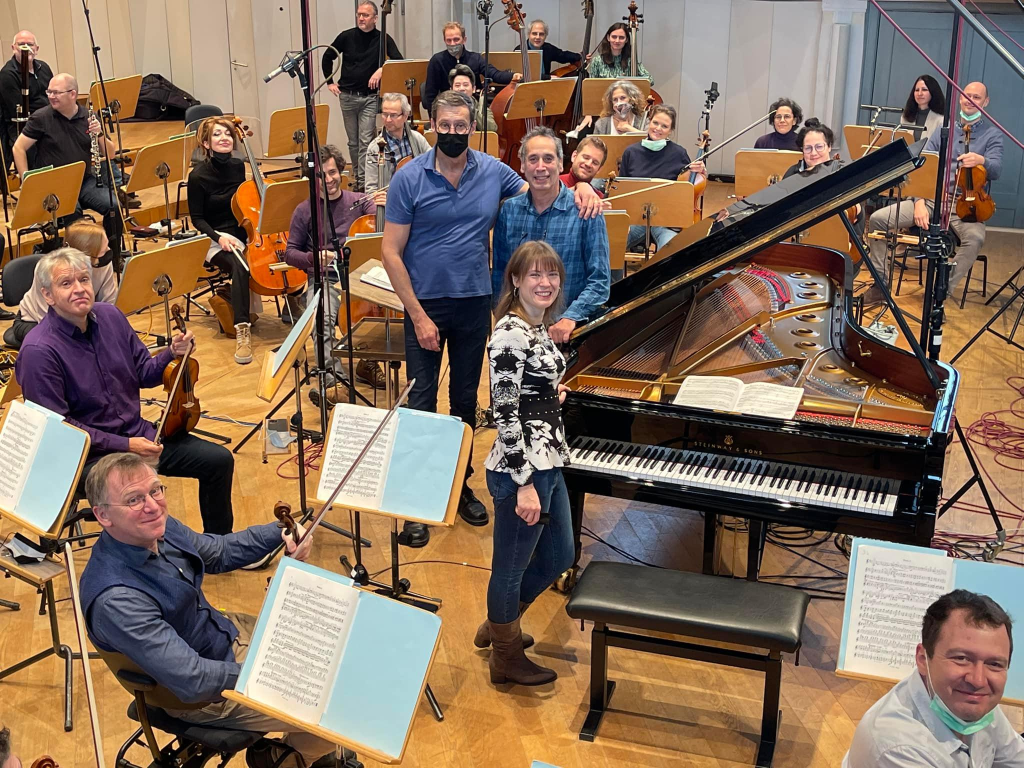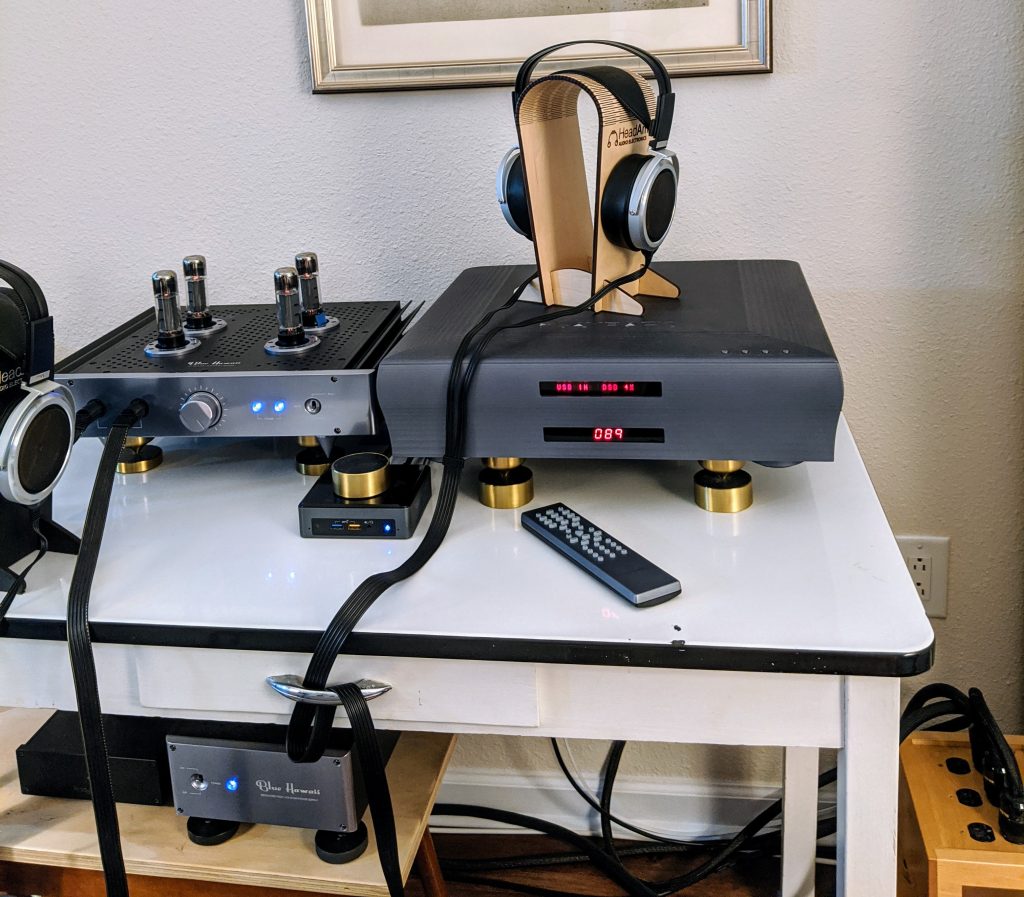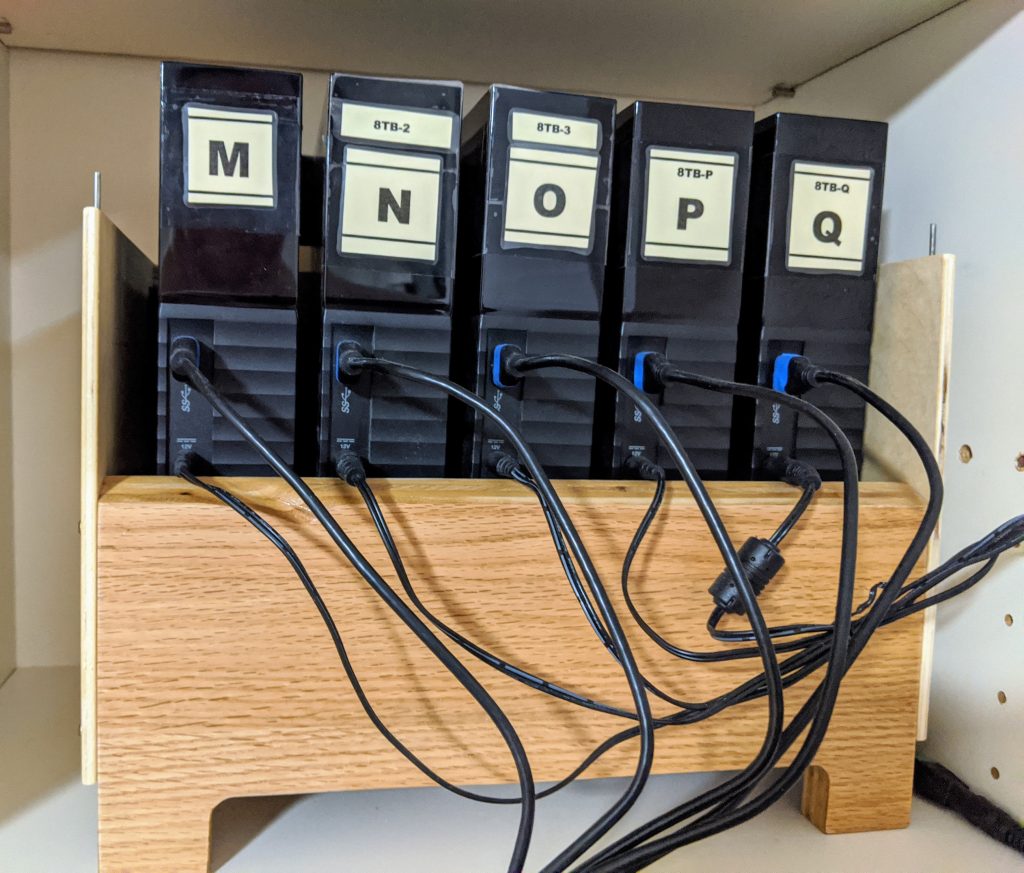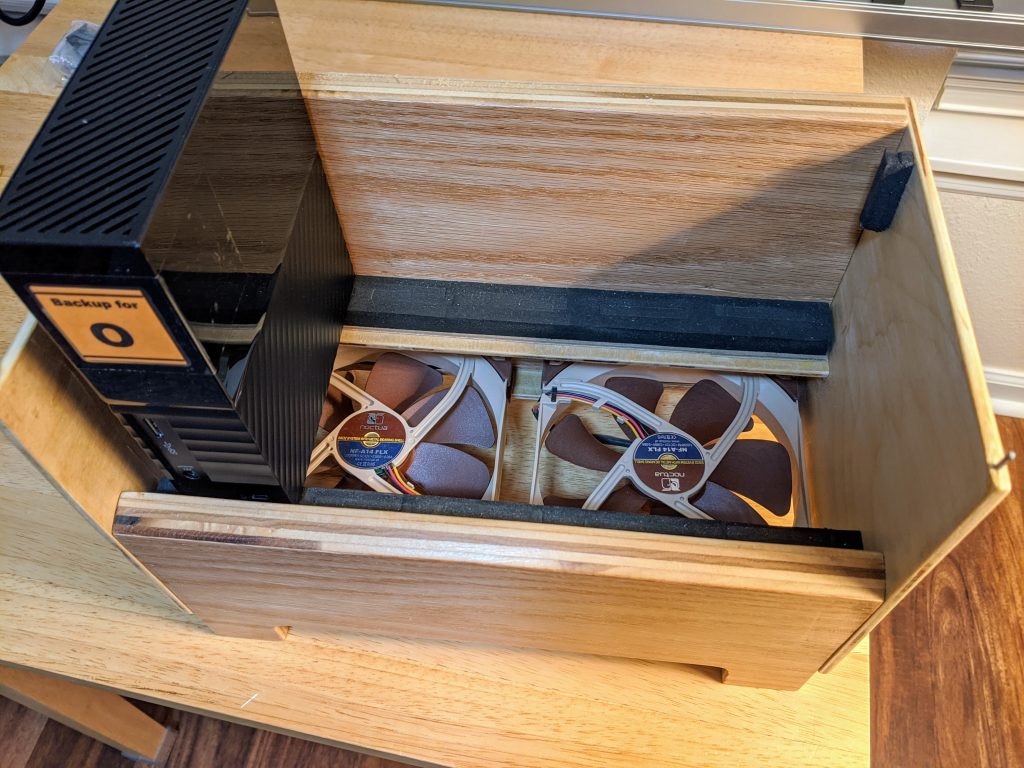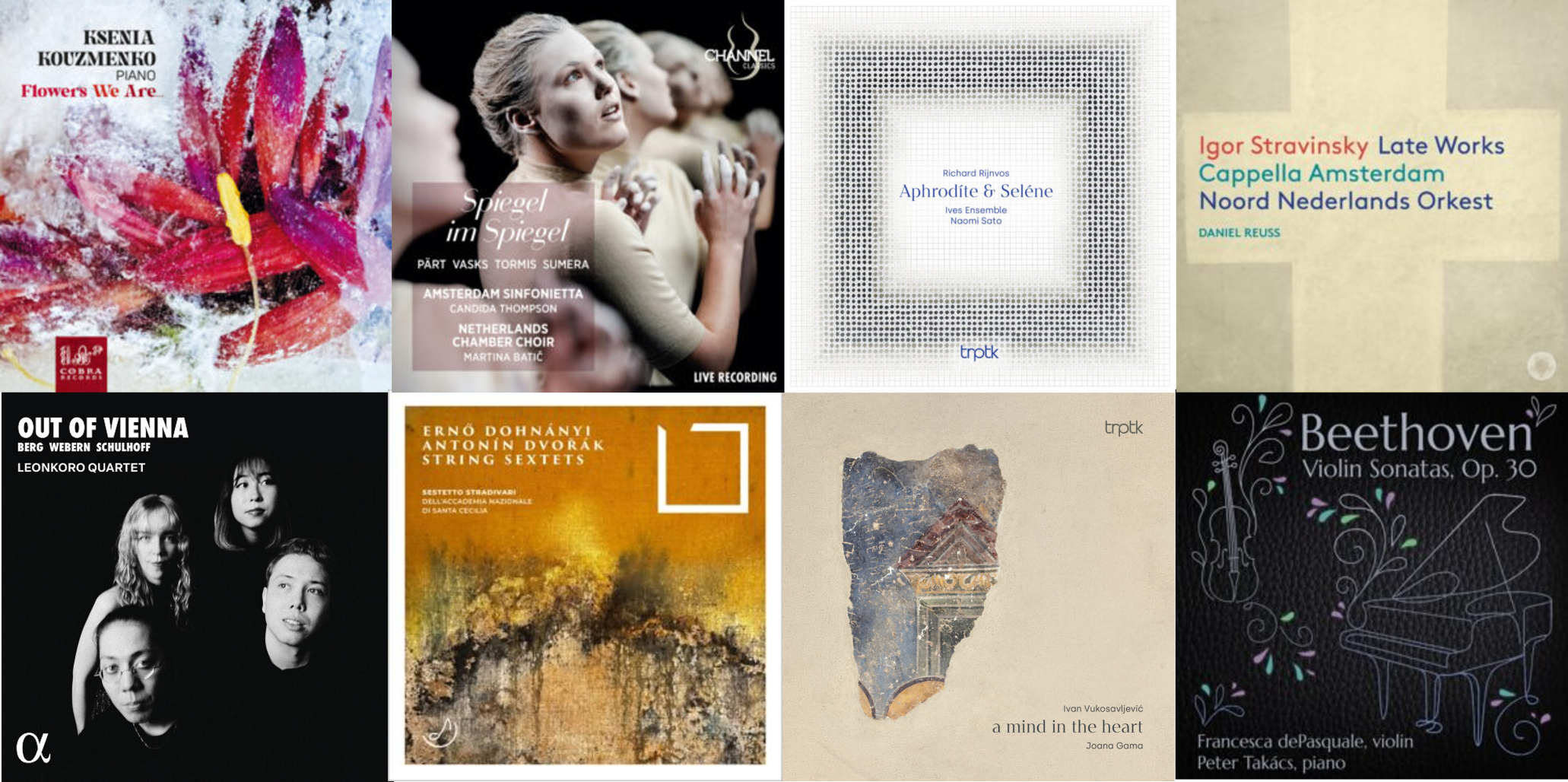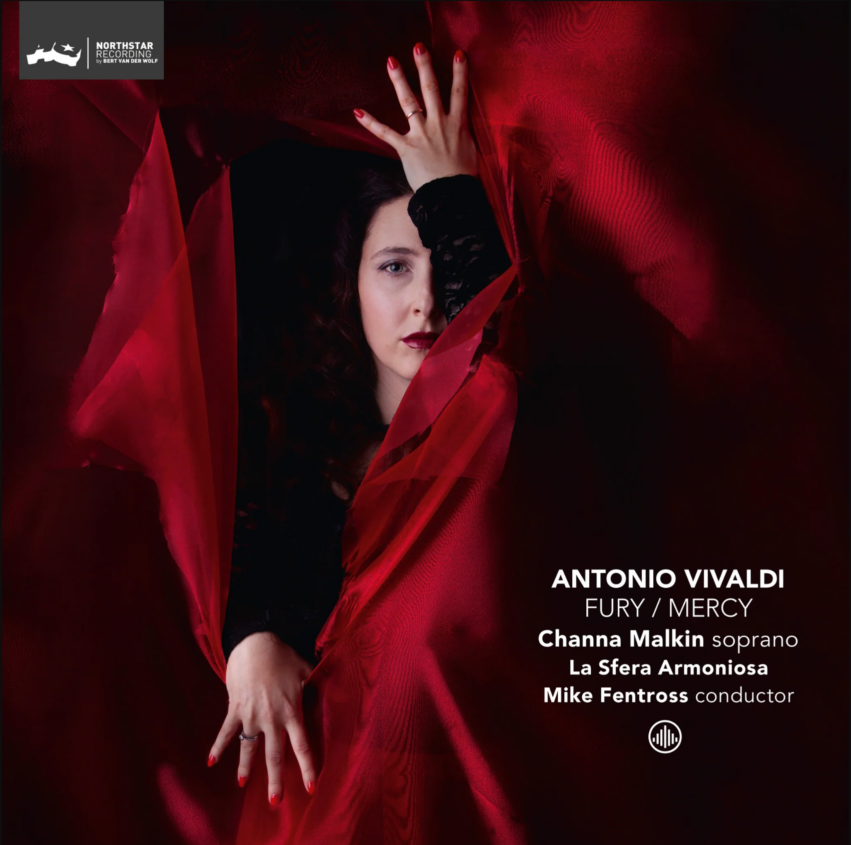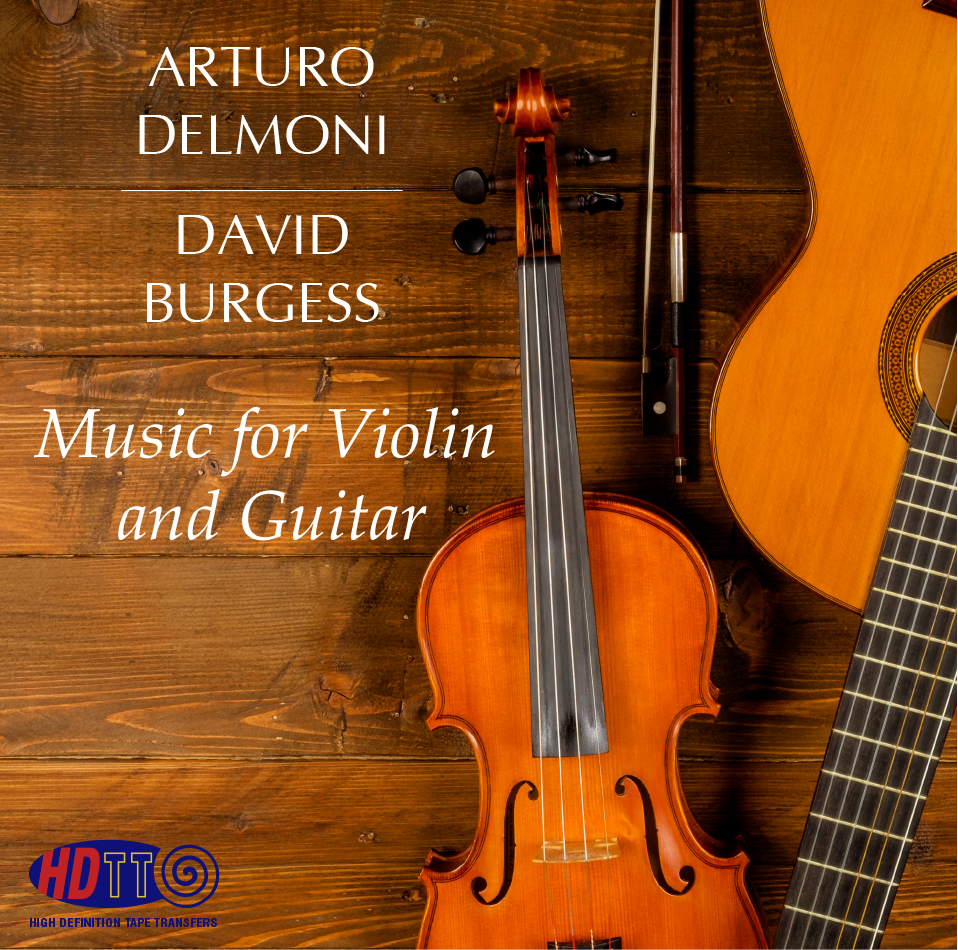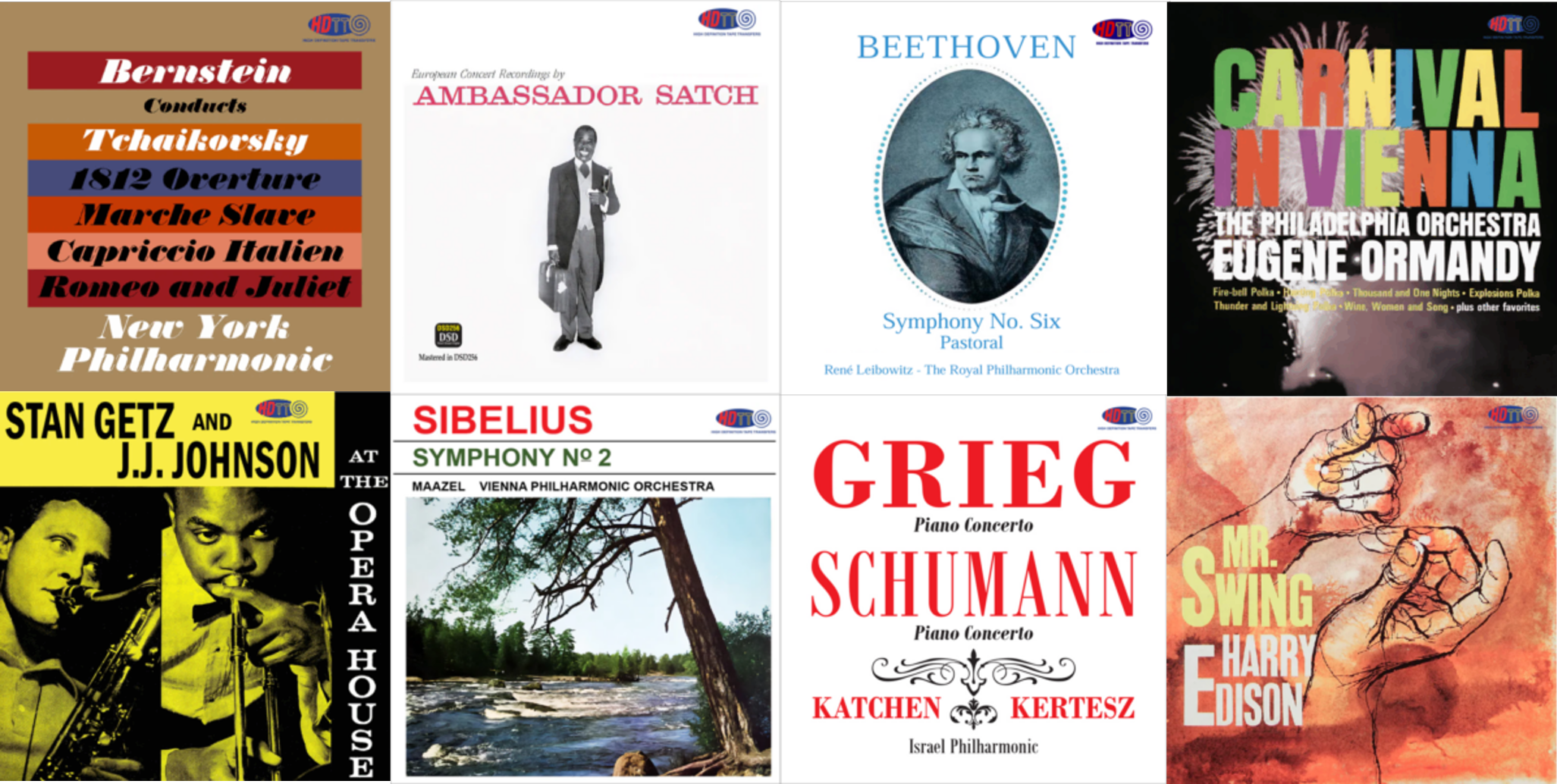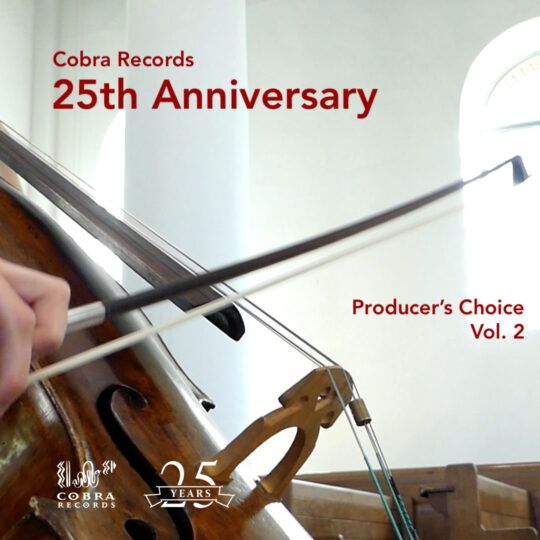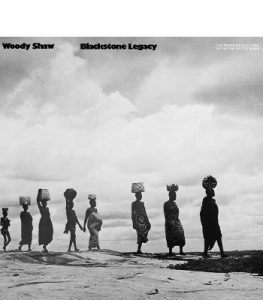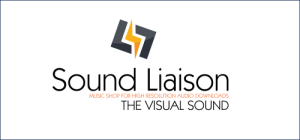With this release of the Third Piano Concerto, Anna Fedorova's wonderous traversal of the four Rachmaninoff Piano Concertos reaches a triumphant conclusion. It is a scintillating, powerful, gorgeously emotional performance.
Rachmaninoff Piano Concerto No. 3, Youth Symphony, and Valentin Silvestrov's The Messenger. Anna Fedorova, Sinfonieorchester St. Gallen, Modestas Pitrenas conducting. Channel Classics 2023 (DXD) HERE
Deeply emotional, highly communicative, technically superb—Anna Fedorova consistently stuns me, charms me, enthralls me with her performances. And yet she plays with such absolute humility that it is always the composer's music, the composer's communication, that I hear in her performances, not Anna. She is the pure servant of the music, and as such she shines as a hero in my eyes and in my musical enjoyment.
The piano scoring in this Concerto No. 3 is dense. So often I hear it as a muddle in many recordings. Not so here. Anna Fedorova unwraps, articulates, and makes clear the most densely scored of piano sections. She brings a delicate, nuanced touch to certain passages that is so frequently lost. Listen, for example, to the Intermezzo at about 8:45-10:00 where she delivers a dancing, shimmering articulation of the notes that breathes life and meaning into the music.
Her delivery is not bravura for it's own sake. It's is never a matter of "look at me, hear what I can do"—it is always "listen to what Rachmaninoff is sharing with us." Simply listen to the opening two minutes of the Finale. Where other pianists whip this to a frenzy of flash and power, Fedorova brings emotional insight. And the delicate fillips of notes beginning at 3:35 of this Finale are just a delightful bit of discovery—a sharing of wry insight. One can almost see Rachmaninoff winking at us.
For me, this concerto has always been the most challenging of Rachmaninoff's piano concertos. Anna Fedorova's performance brings a wonderful awakening of understanding about this work. With great phrasing (observe the subtle hesitation ahead of certain notes), fluidity and joie de vivre, she makes so much more sense of this work than I've heard from so many other performances. Brava!
Rachmaninoff's single movement Youth Symphony from 1891 comprises the 12-minute fourth track of this album. Published posthumously in 1947, it is a pleasurable side-venture by the orchestra, with some lovely themes and surprising delicacy. Rachmaninoff wrote this as the first movement of a symphony he never completed. Scored for two flutes, two oboes, two clarinets, two bassoons, four horns, two trumpets, three trombones, one tuba, timpani, and strings, it is a nice confection that we are fortunate to have. The Sinfonieorchester St. Gallen plays it with the beauty and delicacy it deserves. The music is sufficiently intriguing to make me wonder what Rachmaninoff might have made in the remaining movements that were never written.
The album concludes with Ukrainian born composer Valentin Silvestrov's The Messenger. Written in 1996 after the sudden death of his wife, this work for solo piano is a quiet contemplative work of great simplicity and beauty. Anna writes of this piece, "The solo piano piece The Messenger was written by Ukrainian composer Valentin Silvestrov soon after his wife passed away. In the silence he kept hearing this simple pure Mozartian melody, it was coming to him as a message from above. The Messenger is a musical meditation which connects our world with heaven. It is a thought for my country and fellow Ukrainians and an eternal message of light, peace and hope for the future." Once again, the excellence of Anna Fedorova's performance rises above that of other performances by not making her performance about the pianist but by honoring the composer's intentions.
And it is a lovely ending to an excellent recital of great music. Enthusiastically recommended.
Recording session for Rachmaninoff's Fourth Piano Concerto, January 2022. Same location, same performers.
The Sinfonieorchester St. Gallen provides excellent partnership in this performance, as in the past performances of the First, Second and Fourth Piano Concertos. That what is essentially a regional orchestra performs with such a high level of technical excellence and ease is a testament to the tremendous range of talented musicians in Europe these days. And a credit to conductor Modestas Pitrenas who seems utterly of one mind with Fedorova on how these concertos should be performed. This final concerto concludes a superb complete cycle all four concertos. Consistency of excellence continues unabated across them all. My earlier thoughts about their performances of the other three concertos (1, 2, and 4 on two separate albums) can be found HERE.
The sound quality, as heard in the DXD and DSD256 releases to which I am listening, is yet another triumph by Jared Sacks. (Beware the 44kHz edition, which has nowhere near the clarity or resolution. Don't blame me if you listen to a CD or some streaming iteration and can't figure out what I'm talking about.)
Jared's recordings have a consistent signature sound quality over many years and many recordings: clear, detailed, transparent, and well balanced between solo instrument and orchestra. All recorded in acoustically sympathetic venues with microphones judiciously placed to allow the harmonics of the instruments to bloom and coalesce, capturing the sounds of real acoustic instruments in real natural acoustic spaces. Simply a delight to hear every time.
Anna Fedorova and Jared Sacks—two marvelous artists, one with piano and the other with microphones! A "selfie" by Jared during the mastering session in his studio in Herwijnen, The Netherlands, 2023.
Images courtesy of Jared and Channel Classics.




